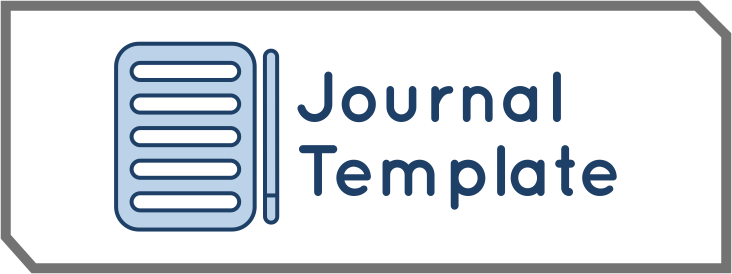Analisis Kebijakan dalam Mengatasi Problematika Pendidikan untuk Meningkatkan Kualitas Pendidikan di Indonesia
DOI:
https://doi.org/10.61132/hikmah.v2i1.545Keywords:
Analysis, Education, PolicyAbstract
Education is one of the main pillars in human resource development in Indonesia, however the quality of education still faces various challenges, such as unequal access and low quality of teaching. This research aims to analyze the education policies that have been implemented by the government in an effort to improve the quality of education in Indonesia. Through a qualitative approach, policy analysis is carried out to identify factors that influence policy effectiveness and its impact on society. The results of the analysis show that although there are programs such as compulsory education and increasing teacher competency, the gap between the policies formulated and their implementation is still a major problem. Therefore, a more inclusive and participatory approach is needed in formulating education policies to ensure that every policy taken is able to answer local needs and improve the overall quality of education.
References
Asep, R., Nurti, Q., & Qiqi. (2020). Model analisis kebijakan pendidikan. Tapis: Jurnal Penelitian Ilmiah, 4(2).
Badan Pusat Statistik (BPS). (2023). Statistik pendidikan Indonesia.
Bustan. (2022). Problematika sistem pendidikan di Indonesia. Jurnal Pemikiran dan Pengembangan Pembelajaran, 4(1).
Dunn, W. N. (2018). Public policy analysis: An integrated approach. Routledge.
Effendy, M. (2019). Kebijakan pendidikan Indonesia: Perspektif dan implementasi. Kementerian Pendidikan dan Kebudayaan.
Elmore, R. F. (1979). Backward mapping: Implementation research and policy decisions. Political Science Quarterly.
Grindle, M. S. (1980). Politics and policy implementation in the third world. Princeton University Press.
Hill, M., & Hupe, P. (2002). Implementing public policy: Governance in theory and in practice. Sage Publications.
Howlett, M., & Ramesh, M. (2003). Studying public policy: Policy cycles and policy subsystems. Oxford University Press.
Kementerian Pendidikan dan Kebudayaan. (2022). Laporan evaluasi program Merdeka Belajar.
Mardapi, D. (2018). Evaluasi kurikulum di Indonesia. Universitas Negeri Yogyakarta.
Megawangi, R. (2004). Pendidikan berbasis karakter: Membangun generasi unggul. Institut Pertanian Bogor.
Pressman, J. L., & Wildavsky, A. (1973). Implementation. University of California Press.
Sabatier, P., & Mazmanian, D. (1980). The implementation of public policy. Policy Studies Journal, 8(4).
Safitri Ulandari, dkk. (2021). Urgensi analisis kebijakan. Journal Homepage, 6(1).
Suhariadi, F., Sugiarti, R., Hardaningtyas, D., Mulyati, R., Kurniasari, E., Saadah, N., Yumni, H., & Abbas, A. (2023). Work from home: A behavioral model of Indonesian education workers’ productivity during Covid-19. Heliyon, 9(3).
Sumiati, T. (2011). Problematika pendidikan di Indonesia dan solusi pemecahannya. Statement, 1(1).
Sutjipto, Prof. Dr., M.Si. (2017). Kajian infrastruktur pendidikan di daerah 3T. Universitas Negeri Jakarta.
Suyanto, Prof. Dr., M.Ed. (2009). Masalah dan tantangan guru di era globalisasi. Universitas Negeri Yogyakarta.
UNESCO. (2018). Global education monitoring report.
Van Meter, D. S., & Van Horn, C. E. (1975). The policy implementation process. Administration & Society.






